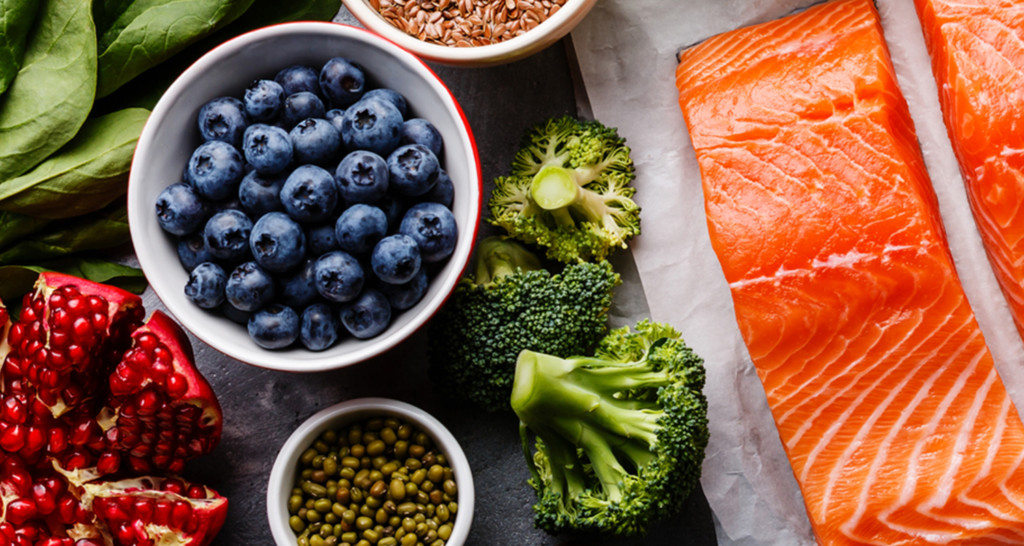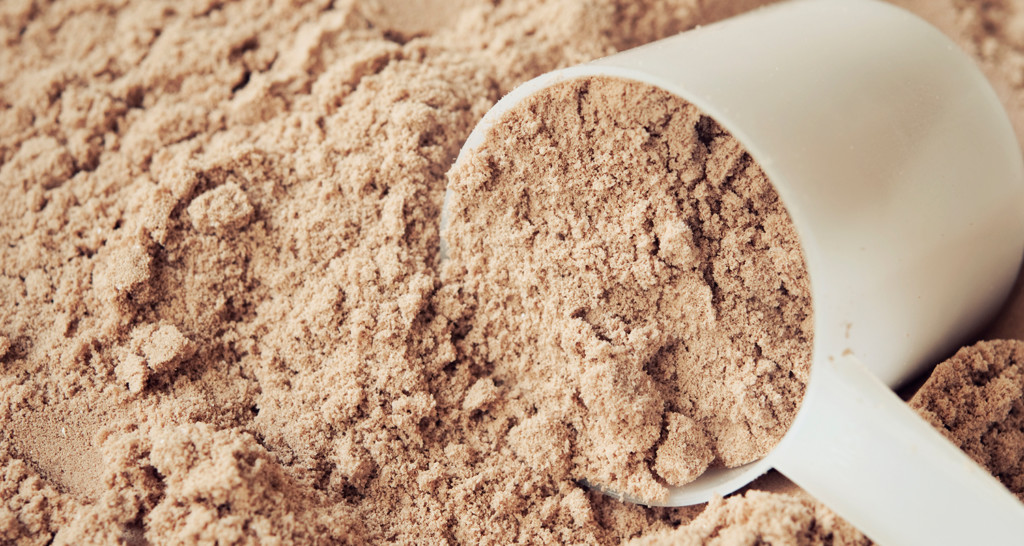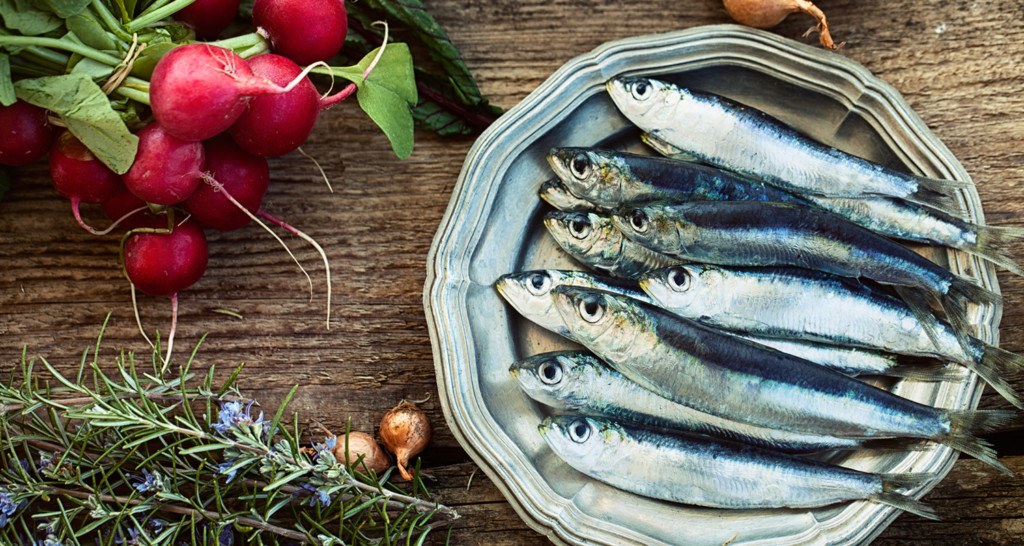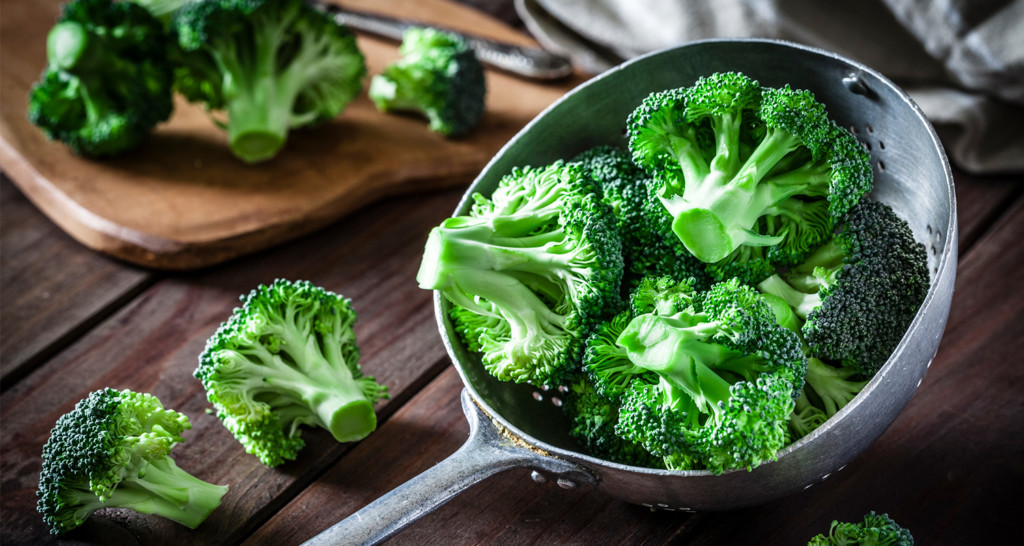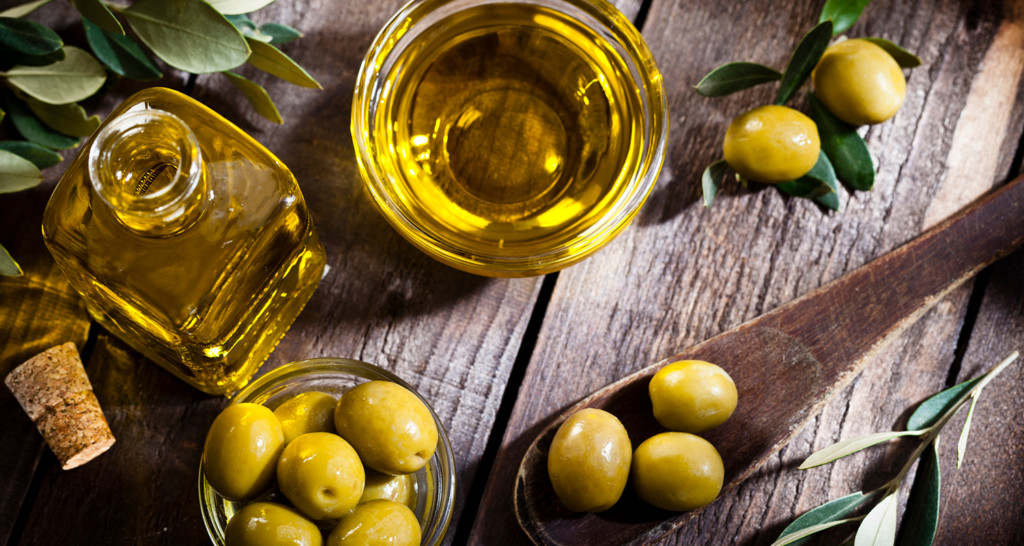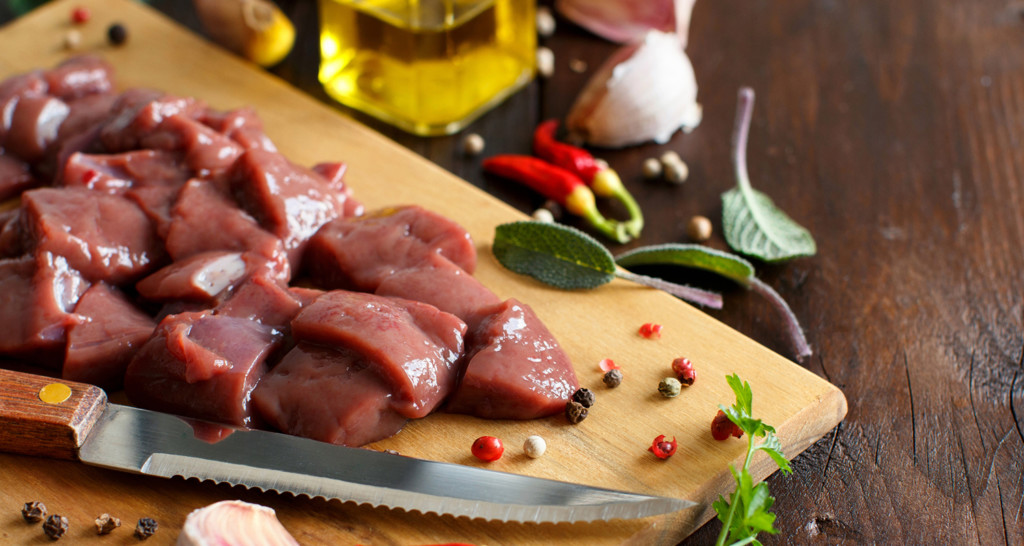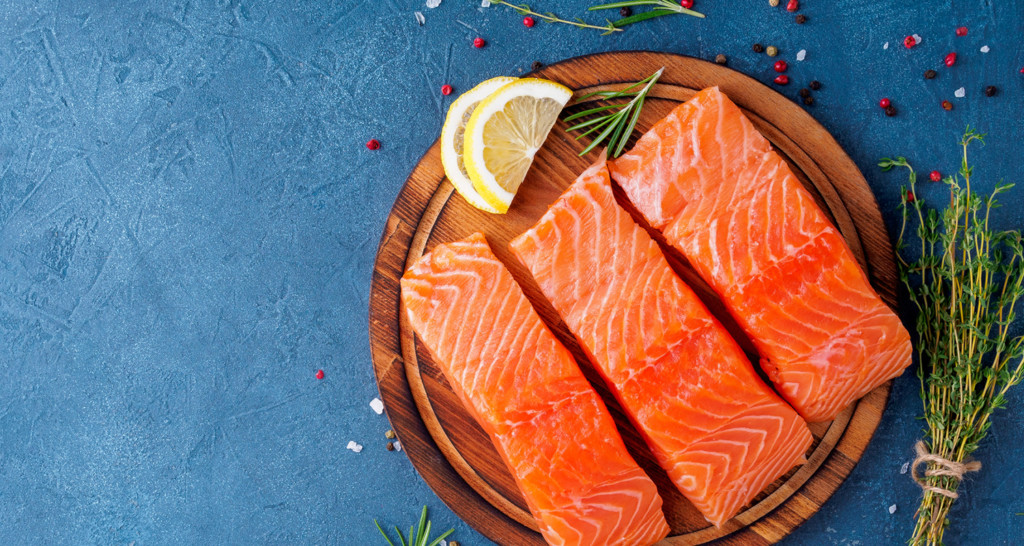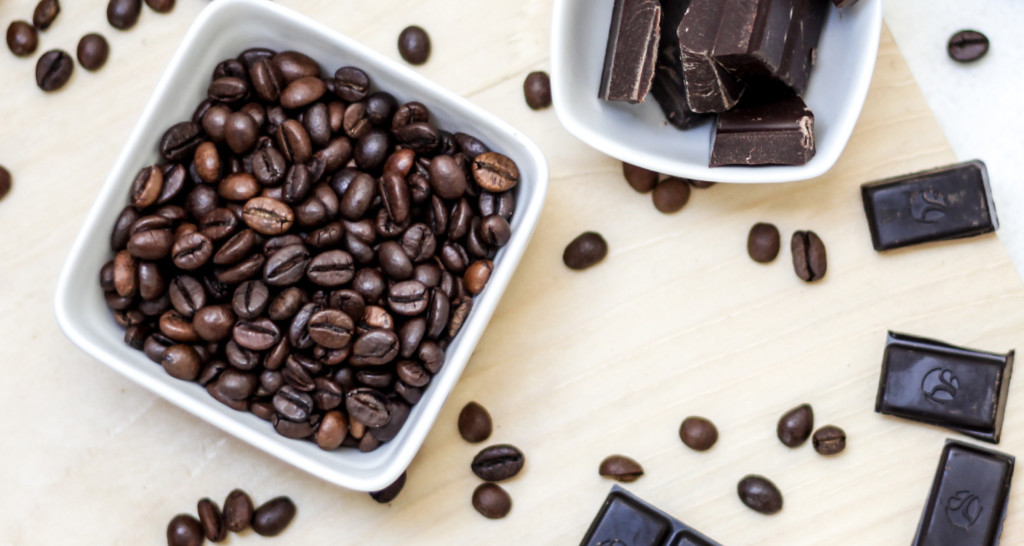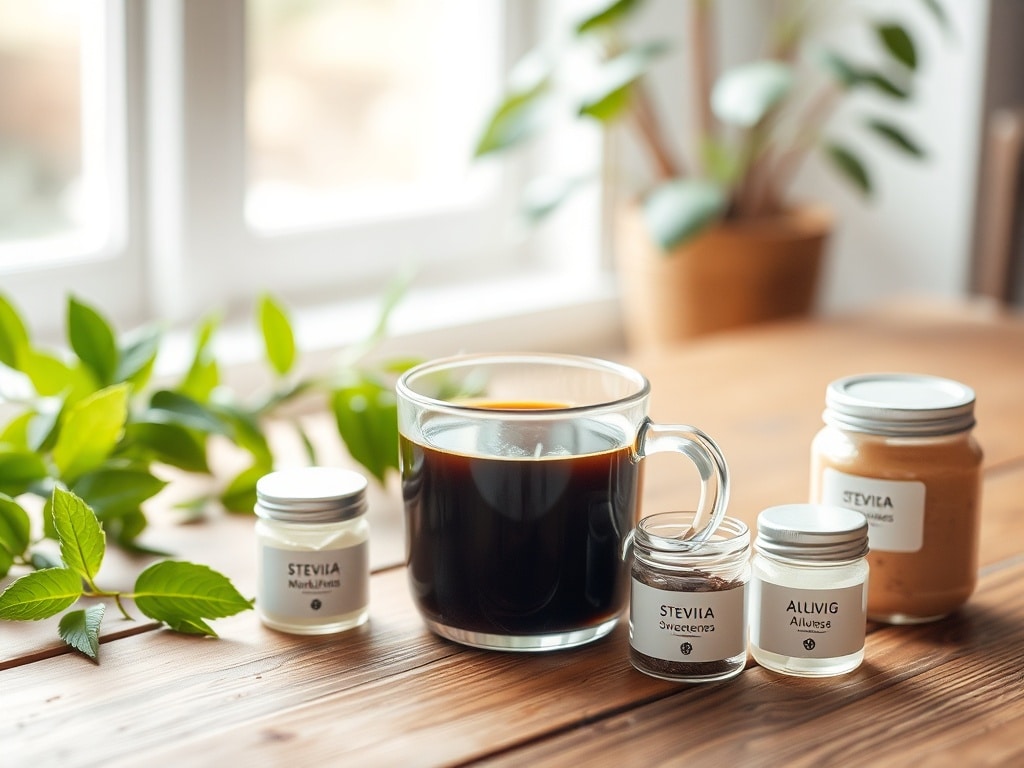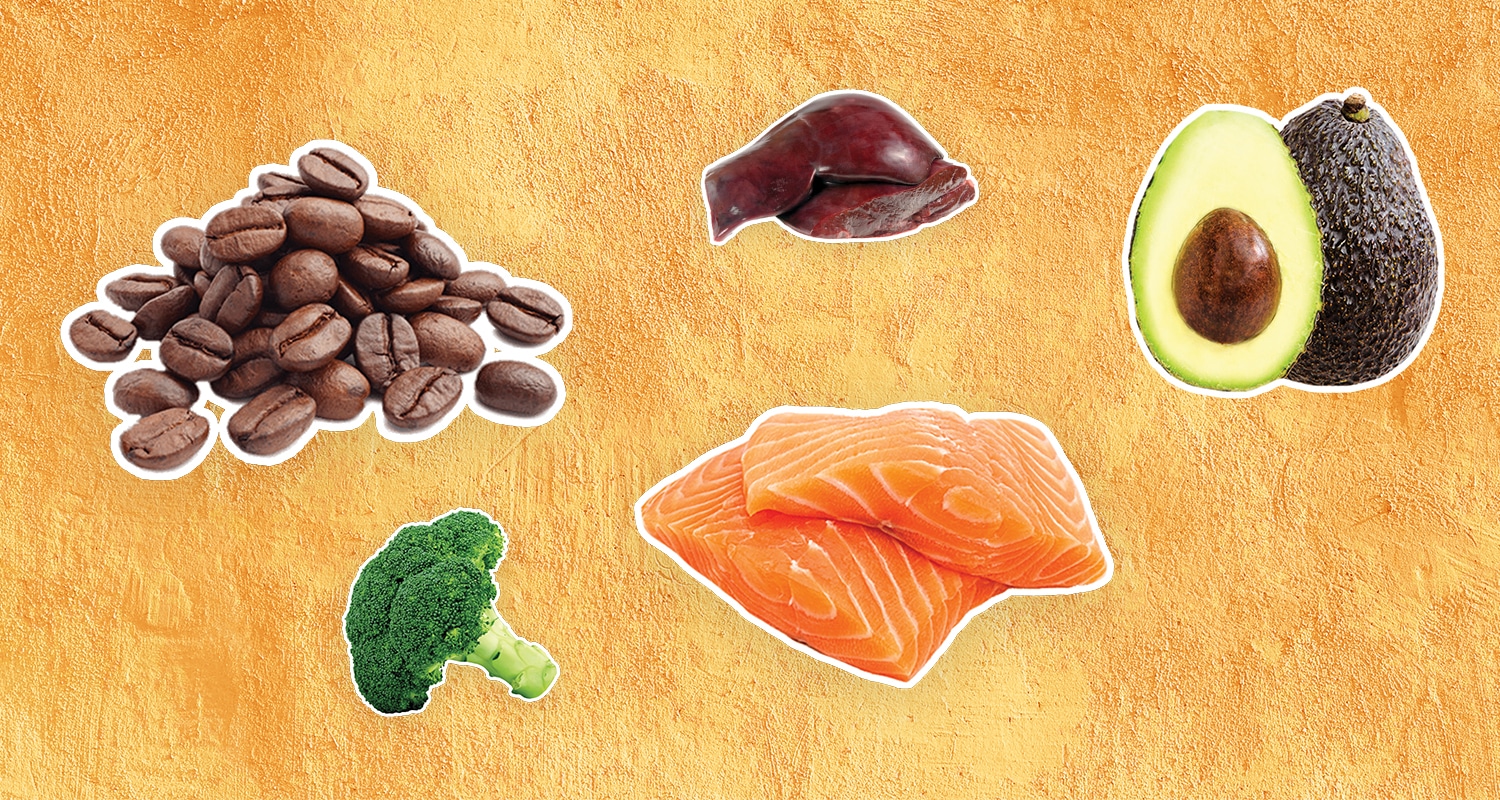
The Truth About Superfoods: What Really Makes Them “Super”?
You’ve seen the buzz around foods like acai berries, salmon, avocados, and kale, all celebrated as “superfoods.” But what does it actually mean for a food to be “super”? The term “superfood” is often used as a marketing tactic to suggest that a food is packed with nutrients that can boost your health and performance. While it sounds impressive, the label can be overused, with everything from snacks to smoothies claiming superfood status.
What to Really Look for in a Superfood
A true superfood goes beyond just having vitamins and minerals; it’s loaded with antioxidants. These powerful compounds fight oxidation and inflammation, helping to protect your cells from aging prematurely. The more antioxidants you include in your diet, the better it is for your long-term health.
Maximize Your Antioxidant Intake
Fill your plate with a colorful variety of fruits, vegetables, and even seafood to boost your antioxidant intake. The vibrant colors often signal high concentrations of these beneficial nutrients.
Explore the top 7 antioxidant-rich superfoods to keep you fit, resilient, and youthful. Read on to discover the foods that pack the most powerful anti-aging benefits.
Download this list of the top anti-aging superfoods to add to your diet now
Top antioxidant-rich superfood list
To index every superfood here would leave you with a hefty shopping list, but fortunately, the National Institute on Aging developed a ranking system. The ORAC (oxygen radical absorbance capacity) scale measures the antioxidant capacity of different foods. Foods with high ORAC scores boast potent antioxidants in lab tests, and include leafy greens, colorful fruits and veggies, nuts, seeds, and certain spices, herbs, and teas.
Antioxidant-rich superfoods usually contain several antioxidant compounds, with one or two making up the brunt of their composition. Here, the top superfoods to keep you fit, resilient, and young.
1. Glutathione
If there’s one antioxidant you remember, make it this one: Nicknamed the “master antioxidant” for its free-radical-busting superpowers, glutathione is crucial to detoxing and boosting performance in every cell of your body. This powerful antioxidant is your body’s natural detox agent: it protects against inflammation, oxidation and toxins, while supporting your mitochondria, boosting immunity, and recharging other antioxidants and enzymes. (It’s even great for hangovers!)
While your cells produce some themselves, today’s polluted, high-stress world can quickly sap your glutathione stores. It’s a good idea to take a supplement, or give your body the raw building blocks to build its own, from n-acetyl-l-cysteine, glutamine, alpha-lipoic acid, or grass-fed whey.
2. Co-enzyme Q10
CoQ10 is another potent antioxidant produced in your body, and used to protect all cell membranes. Its antioxidant abilities make it necessary for cell communication, mitochondrial function, and ATP formation. Low CoQ10 levels are associated with a range of chronic diseases, including neurodegenerative, muscular and cardiac diseases, as well as diabetes and cancer. CoQ10 also helps re-fuel other antioxidants, keeping you young and resilient. As you age, your body has a tougher time converting CoQ10 into its active form, ubiquinone, so consider adding supplements or ubiquinone-rich foods like organ meats and fatty fish.
3. Vitamin C
On top of being vital for collagen formation and a big immunity-booster, vitamin C (ascorbic acid) is also a powerful antioxidant. Vitamin C easily donates electrons to neutralize free radicals, and help prevent oxidation in your body. [8] It’s also used to manufacture glutathione, another big name antioxidant.
Load up your plate with vitamin C-rich foods, including broccoli, spinach, and sweet potatoes. It can be hard to get enough vitamin C from food, so supplement with at least 500mg per day.
4. Vitamin E
Vitamin E (tocopherol) is a fat soluble antioxidant, and protects the fats in your cell membranes from oxidation and damage. It plays a big role in protecting your skin from damage and aging caused by the free radicals that form with UV exposure. There are 8 forms of vitamin E, although your body’s preferred form is ?-tocopherol. You can up your vitamin E intake by incorporating more nuts, seeds, and olive oil in your diet.
5. Alpha-lipoic acid (ALA)
Lipoic acid is known as the “universal antioxidant” for its ability to ease oxidative stress throughout the body. Studies show that ALA supports lowering glucose levels in diabetic conditions, boosts mitochondrial function, and fights premature aging. ALA also has neuroprotective and cancer-fighting effects, and acts as an anti-inflammatory. On top of its own benefits, ALA can also help recharge vitamin C, vitamin E, and glutathione to be useful again as antioxidants. Your body makes some ALA to cover basic functions, but higher amounts are needed to tap into its potential as an antioxidant. You can boost your ALA intake from muscle and organ meats, or supplements. Aim for between 300 and 600mg a day.
6. Astaxanthin
This powerful antioxidant comes from red marine algae, and is what gives wild salmon and crustaceans their reddish flesh. Astaxanthin is a highly potent antioxidant that prevents oxidative stress in your brain, nervous system and heart, and boosts your mitochondrial energy production.
Astaxanthin makes its mark as as an eye and skin defender. It slows and reverses age-related eye degeneration and accumulates in your skin to protect you from UVA rays and prevent wrinkles and sun damage. Load up on astaxanthin by eating wild-caught seafood (especially salmon), or supplementing with a high quality krill oil supplement.
7. Flavonoids
Flavonoids are a diverse group of antioxidant plant chemicals that promote memory, learning, and cognitive function by protecting your brain from oxidation and inflammation. You can find them in berries, teas, dark chocolate, and coffee.
Here are two especially potent flavonoid antioxidants you want to add to your diet:
- Resveratrol: You can find resveratrol in cocoa, red wine, and the skins of grapes and blueberries. As a strong antioxidant, its anti-aging superpowers include boosting cardiovascular health, protecting skin, and defense against cancer, Alzheimer’s and Huntington’s diseases.
- Fisetin: Recent studies with mice found that the anti-aging antioxidant fisetin increases lifespan by about 10 percent and improves quality of life with age. Clinical trials are underway to see if the same is true for humans, but for now it can’t hurt to add more strawberries, apples, persimmons, and cucumber to your plate. Fisetin also shows promise in protecting from stroke, Alzheimer’s, and depression, and helps reduce inflammation-related disease by knocking out several inflammatory compounds.
Read next: Anti-Aging Hacks to Live Longer, Look Younger, and Be Stronger
